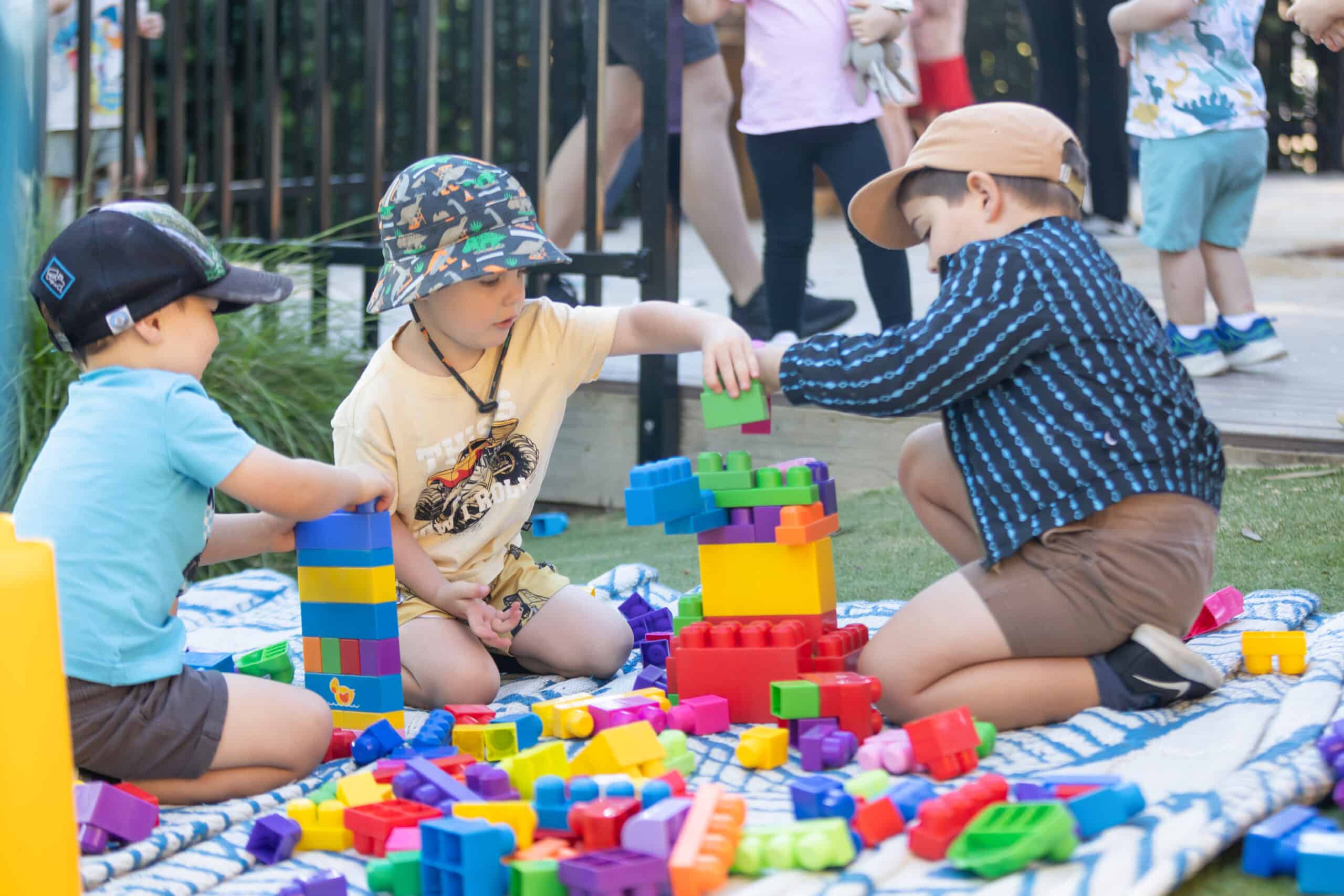
Choosing the right child care centre is one of the most important decisions you’ll make as a parent. With so many options available, it can be challenging to know what sets a high-quality child care centre apart. In Australia, high-quality centres adhere to the National Quality Framework (NQF), which sets national standards for early childhood education and care. Understanding what to look for - based on these standards - will help you make an informed decision about your child's early education experience.
In this guide, we’ll explain how to choose a high-quality child care centre, focusing on staff qualifications, learning environments, curriculum, and safety protocols, all grounded in the NQF.
What Is the National Quality Framework (NQF)?
The National Quality Framework (NQF) is a national system designed to ensure early childhood education and care across Australia meets high, consistent standards. It includes the National Quality Standard (NQS), which covers key areas like educator qualifications, health and safety, educational programs, and children’s wellbeing. The NQF helps parents choose a centre that is committed to delivering excellent early education.
What Qualifications Should Educators Have in High-Quality Child Care?
The qualifications of educators are one of the most important indicators of a high-quality child care centre. Under the NQF, educators must hold appropriate qualifications, such as a Certificate III, Diploma, or Bachelor’s degree in Early Childhood Education. Well-qualified educators are essential for creating engaging learning experiences and managing classroom dynamics effectively.
When visiting a centre, consider:
- Educator qualifications: Are the educators qualified according to NQF standards?
- Ongoing professional development: Are staff continually updating their skills?
- Staff-to-child ratios: Does the centre maintain NQF-compliant ratios to provide individualised attention?
What Makes a Safe and Supportive Learning Environment?
A high-quality child care centre should provide a safe, welcoming, and stimulating environment where children feel confident to explore and learn. The NQF requires centres to meet strict safety standards, ensuring children are protected while they play and learn.
Here’s what to look for:
- Clean and organised spaces: Are the facilities well-maintained and equipped with safe, age-appropriate materials?
- Safety protocols: Does the centre follow proper health and safety procedures, including secure entry systems and regular emergency drills?
- Indoor and outdoor play areas: Is there a good balance of indoor and outdoor activities that promote both physical and cognitive development?
At Milestones Early Learning, we create safe, stimulating environments designed to encourage children’s exploration and curiosity while ensuring their safety.
Read more: How Our Centres Ensure a Safe and Secure Learning Environment
A Play-Based Curriculum: The Key to Early Childhood Success
The curriculum at a high-quality child care centre should be designed to support all areas of a child’s development. The NQF emphasises the importance of play-based learning, which fosters creativity, problem-solving, and social skills.
When evaluating a centre’s curriculum, ask about:
- Alignment with the Early Years Learning Framework (EYLF): The EYLF promotes a holistic approach to early childhood education.
- Play-based learning: Does the centre focus on hands-on learning through play, helping children explore their interests while developing critical skills?
- Individualised learning plans: Does the centre tailor activities to each child’s unique needs and interests?
At Milestones, our Lifelong Learning Curriculum aligns with the NQF and integrates literacy, numeracy, STEM, and social-emotional learning through play-based activities.
Read more: What is the Best Approach to Early Childhood Education?
Why Safety Protocols Matter in High-Quality Child Care
A high-quality child care centre must prioritise safety. The NQF outlines safety standards to ensure that children are well-protected in all areas of care.
Key safety practices include:
- Active supervision: Educators should closely monitor children during play, both indoors and outdoors.
- Emergency protocols: Centres should conduct regular fire drills and emergency preparedness exercises.
- Health and hygiene practices: Ensure the centre has strong hygiene protocols, including handwashing routines and regular cleaning of toys and surfaces.
At Milestones, safety is at the forefront of everything we do. We conduct regular safety audits and practice emergency drills to ensure children are safe and secure.
Positive Educator-Child Interactions
The interactions between educators and children are critical for healthy development. The NQF emphasises the importance of warm, supportive relationships between educators and children, helping them build confidence and social-emotional skills.
When visiting a centre, observe:
- How educators engage with children: Are they warm, responsive, and attentive to individual needs?
- Behaviour management: How does the centre handle challenging behaviours? High-quality centres use positive reinforcement and guidance.
- Encouraging social skills: Are educators fostering cooperative play and helping children build friendships?
At Milestones, our educators are committed to creating nurturing relationships that support every child’s emotional and social development.
Parent Engagement and Communication
Strong communication between educators and parents is essential for ensuring your child’s needs are met. High-quality centres prioritise parent engagement, which is also a key element of the NQF.
Look for:
- Regular updates: Does the centre keep parents informed about their child’s progress and daily activities?
- Opportunities for involvement: Are parents invited to participate in events and activities?
- Feedback systems: Is there a clear system for providing feedback and addressing concerns?
At Milestones, we believe in building strong partnerships with families to create a supportive, inclusive community.
FAQs: What Defines High-Quality Child Care?
Choosing the Best Child Care Centre
Choosing a high-quality child care centre means finding a place where your child feels safe, supported, and excited to learn. By understanding the National Quality Framework (NQF), you can confidently assess a centre’s quality in key areas such as staff qualifications, safety practices, and educational programs. At Milestones Early Learning, we are committed to providing the highest quality of care, ensuring your child receives the best possible start in life.
Ready to explore high-quality child care for your child? Book a tour at your local Milestones Early Learning centre today!
